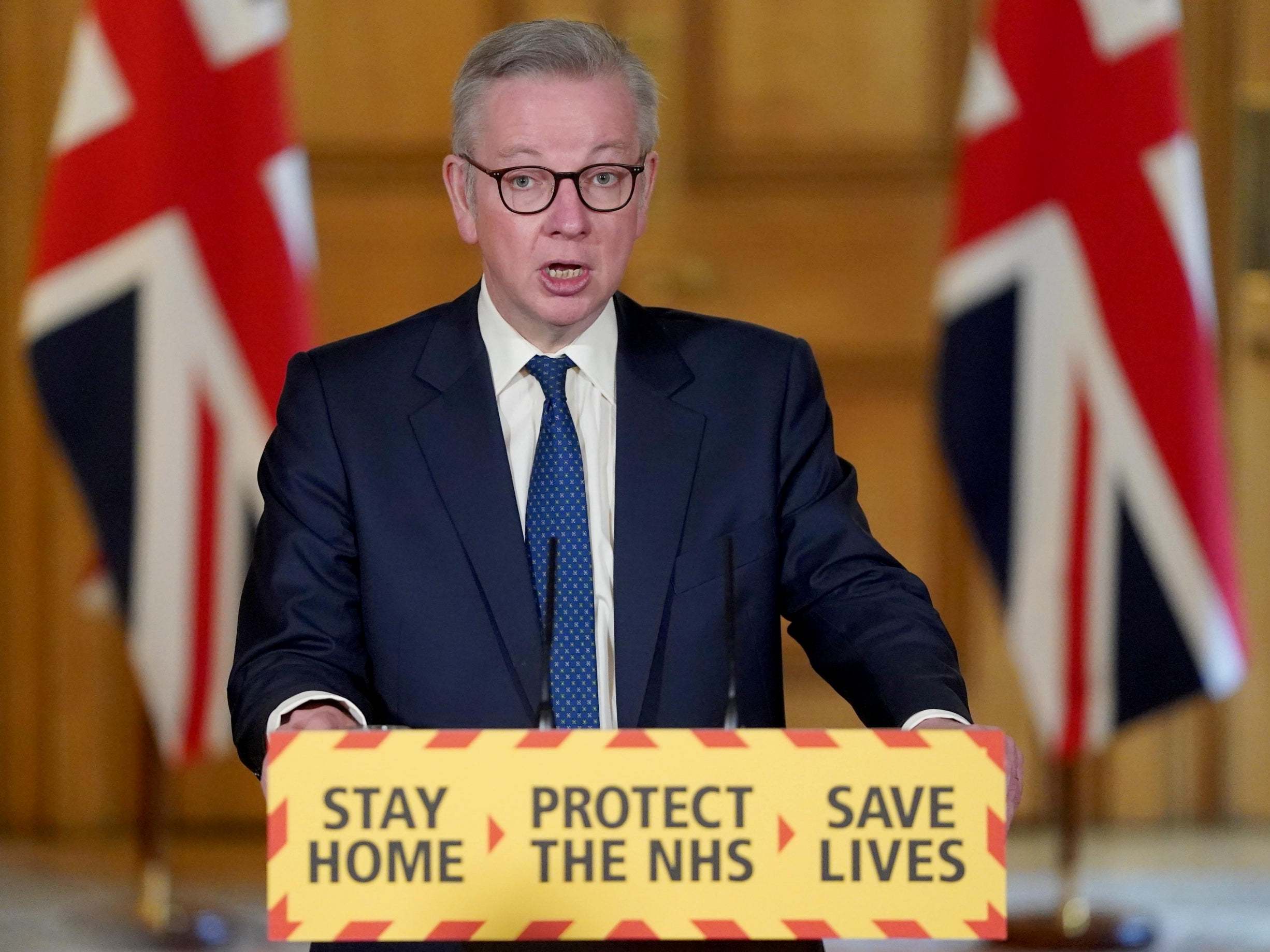Especially now, the UK needs the EU more than the other way around
Editorial: Michel Barnier cannot be expected to allow the British to dictate their terms and cherry-pick what they would like from the trade talks

Perhaps Michael Gove has lost his sense of irony, but it is strange to hear the politician in charge of Britain’s stuttering trade negotiations with the European Union asking the other side to show “flexibility”. When the British government has been seized, as if in some coup d’etat, by a gang of ideological Brexit absolutists, for whom national sovereignty is absolute, inviolable and non-negotiable, it is at least odd to hear a call for the Europeans to be a bit more easygoing.
While it is true that Michel Barnier, the EU’s well-seasoned chief negotiator, has his mandate, and has shown signs of impatience with the slow progress of the talks, it is also true that he cannot allow the British to dictate their terms and cherry-pick what they would like from the talks. The British can squeal all they like that the EU is not offering the UK an appetising amalgam of the deals that Brussels concluded with Canada and Norway, but it will do no good, even if it was a fair argument.
The EU is under no obligation to follow its own precedents, in any case. The reality of economic diplomacy is that size matters. The EU economy is roughly five times the size of Britain’s, and its exports to the UK, while lucrative, represent a far smaller proportion of their GDP than do the UK’s exports to the EU. A sudden loss of markets would cost many jobs in the UK and again proportionately more than the EU would suffer in a no-win, hard Brexit. Britain needs Europe more than it realises, and more than the EU needs the UK.
If the British want free access to the financial services sector, it may reasonably – and in a flexible spirit – expect the EU to ask for something fish-shaped in return. Given the value of the City to the UK economy, it would be a good deal and one the British would be wise to accept. Yet London seems stubborn and is playing a dangerous game. It is not too cruel to remind Mr Gove that he said the UK would hold all the cards in a free trade deal.
On the day the British publish their latest proposed schedule of import tariffs, ie taxes, it is worth bearing in mind the asymmetries in the relationship between Europe and Britain. The good news for British consumers is that all sorts of goods will be marginally cheaper for the abolition of certain tariffs currently imposed under EU membership – Christmas trees and mirrors, for example. American cars such as the Tesla and Ford Mustang would be cheaper, though VWs and Renaults made in Europe would be dearer. Overall, the benefit to British consumers would be negligible.
What is rather more to the point and more material is the dire prospect of the EU imposing tariffs, quotas, restricted rules and outright bans on British trade with the EU in goods and services. These have the power to effectively wipe out entire sectors of the British economy, from beef and lamb farming to cars, pharmaceuticals and professional services and banking. Even in normal times this would be a grim prospect; at the present juncture it would be wildly irresponsible – and cost lives – to “walk away” from the talks in some sort of pathetic macho swagger.
And when all those British fish are landed on our great historic ports, we will find their biggest market, Europe, has disappeared. The recession already upon Britain will be longer and deeper, with jobs shredded and living standards deserted. The British will be much the poorer both for opting for Brexit and for pursuing the hardest possible version of it. It is not what the country voted for four years ago.
Join our commenting forum
Join thought-provoking conversations, follow other Independent readers and see their replies
Comments